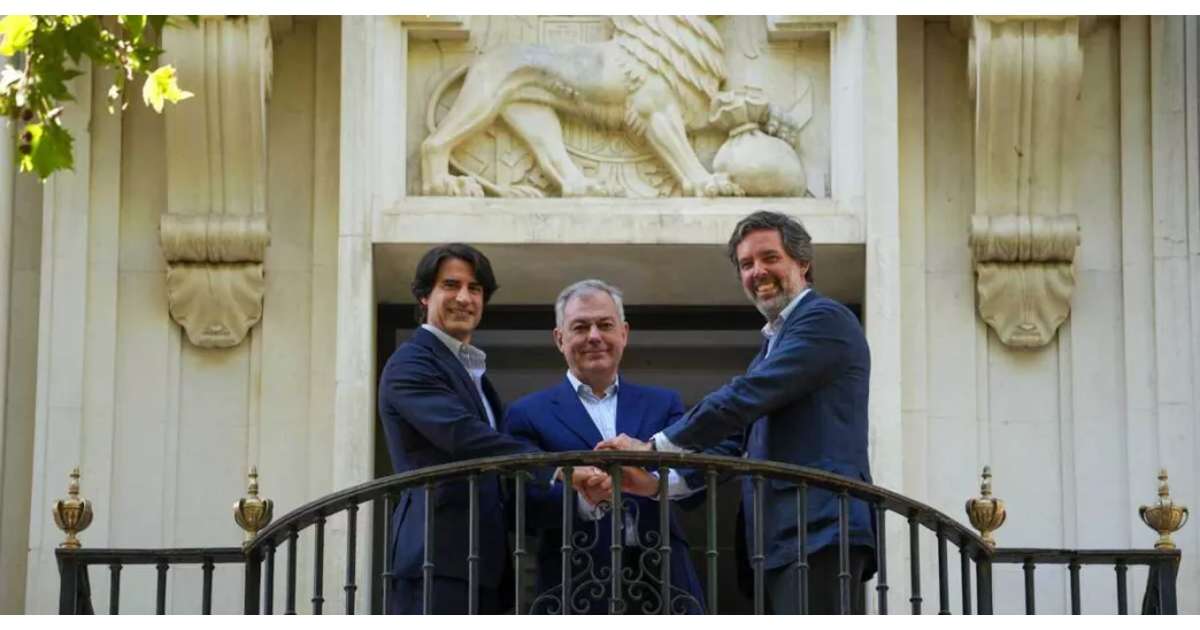
The joint “Guiding Principles for Sustainable Investment in Tourism” are designed to guide policymakers and stakeholders in efforts to build a more comprehensive investment framework aimed at steering global tourism investments towards a more sustainable and inclusive future.
The 18 Guiding Principles create a pioneering framework for policies that aim to attract sustainable investment in tourism. They offer a roadmap to achieve a set of multifaceted objectives and are grounded in a comprehensive policy approach that integrates governance, economic, sociocultural, and environmental dimensions. The four constituent dimensions of the principles are connected and interacting and many of the principles mutually support one another. Investment in sustainable tourism takes all four dimensions into account and creates inclusive long-term growth that aligns in all aspects with the SDGs.
The Guiding Principles:
- Support the establishment, at the sub-national, national and international level of appropriate policies, guidelines, institutions and regulations, in accordance with national priorities and legislation, for promoting and supporting sustainable tourism development.
- Advocate policies that attract responsible investments aligned with the Sustainable Development Goals (SDGs).
- Underscore the importance of public-private partnerships, the integration of innovative technologies, and the engagement of local communities in decision-making processes.
The tourism sector holds the potential to drive sustainable economic growth, but only if we embrace investment practices that align with the needs of the environment and society. By implementing these Guiding Principles, we can foster a global tourism sector that is not only profitable but also sustainable and transformative. This approach will ensure that tourism contributes positively to the health of our planet, enriches the cultural fabric of our societies and drives long-term prosperity for future generations. UN Tourism Secretary-General, Zurab Pololikashvili
Tourism is a vital economic engine that fosters mutual understanding and sustainable development. By embedding sustainability in tourism investments, we can ensure that this sector becomes a catalyst for transformative and inclusive growth, benefiting economies and communities alike. The Guiding Principles offer a strategic roadmap for policymakers, investors and stakeholders to navigate the complexities of sustainable tourism investment. Rebeca Grynspan, Secretary-General, United Nations Conference on Trade and Development
Platforming tourism investments at the Annual Investment Congress (AIM)
The joint report was launched as part of the Annual Investment Congress (AIM), held in Abu Dhabi, (UAE) on 8 April 2025, within UN Tourism’s “Ministerial Roundtable on Investment in Tourism: Shaping Tourism Investment Opportunities through Policy Innovation” in collaboration with AIM and with the full support of UNCTAD. This marks the first time ever that UN Tourism and UNCTAD have collaborated on preparing a comprehensive investment framework aimed at steering global tourism investments towards a more sustainable and inclusive future.
UNCTAD and UN Tourism invite governments, investors, and industry stakeholders to adopt these principles in their policies and strategies. By doing so, they can ensure that the tourism sector thrives in a sustainable and inclusive manner, creating lasting positive impacts for generations to come.
For more information, visit UNCTAD and UN Tourism.
About UN Tourism
The World Tourism Organization (UN Tourism) is the United Nations agency responsible for the promotion of responsible, sustainable and universally accessible tourism.
As the leading international organization in the field of tourism, UN Tourism promotes tourism as a driver of economic growth, inclusive development and environmental sustainability and offers leadership and support to the sector in advancing knowledge and tourism policies worldwide.
Our Priorities
Mainstreaming tourism in the global agenda: Advocating the value of tourism as a driver of socio-economic growth and development, its inclusion as a priority in national and international policies and the need to create a level playing field for the sector to develop and prosper.
Promoting sustainable tourism development: Supporting sustainable tourism policies and practices: policies which make optimal use of environmental resources, respect the socio-cultural authenticity of host communities and provide socio-economic benefits for all.
Fostering knowledge, education and capacity building: Supporting countries to assess and address their needs in education and training, as well as providing networks for knowledge creation and exchange.
Improving tourism competitiveness: Improving UN Tourism Members’ competitiveness through knowledge creation and exchange, human resources development and the promotion of excellence in areas such as policy planning, statistics and market trends, sustainable tourism development, marketing and promotion, product development and risk and crisis management.
Advancing tourism’s contribution to poverty reduction and development: Maximizing the contribution of tourism to poverty reduction and achieving the SDGs by making tourism work as a tool for development and promoting the inclusion of tourism in the development agenda.
Building partnerships: Engaging with the private sector, regional and local tourism organizations, academia and research institutions, civil society and the UN system to build a more sustainable, responsible and competitive tourism sector.
Our Structure
Members: An intergovernmental organization, UN Tourism has 160 Member States, 6 Associate Members, 2 Observers and over 500 Affiliate Members.
Organs: The General Assembly is the supreme organ of the Organization. The Executive Council take all measures, in consultation with the Secretary-General, for the implementation of the decisions and recommendations of the General Assembly and reports to the Assembly.
Secretariat: UN Tourism headquarters are based in Madrid, Spain. The Secretariat is led by the Secretary-General and organized into departments covering issues such as sustainability, education, tourism trends and marketing, sustainable development, statistics and the Tourism Satellite Account (TSA), destination management, ethics and risk and crisis management. The Technical Cooperation and Silk Road Department carries out development projects in over 100 countries worldwide, while the Regional Departments for Africa, the Americas, Asia and the Pacific, Europe and the Middle East serve as the link between UN Tourism and its 160 Member States. The Affiliate Members Department represents UN Tourism’s 500 plus Affiliate members.
UN Tourism Communications Department
+34 91 567 8100
UN Tourism
View source


